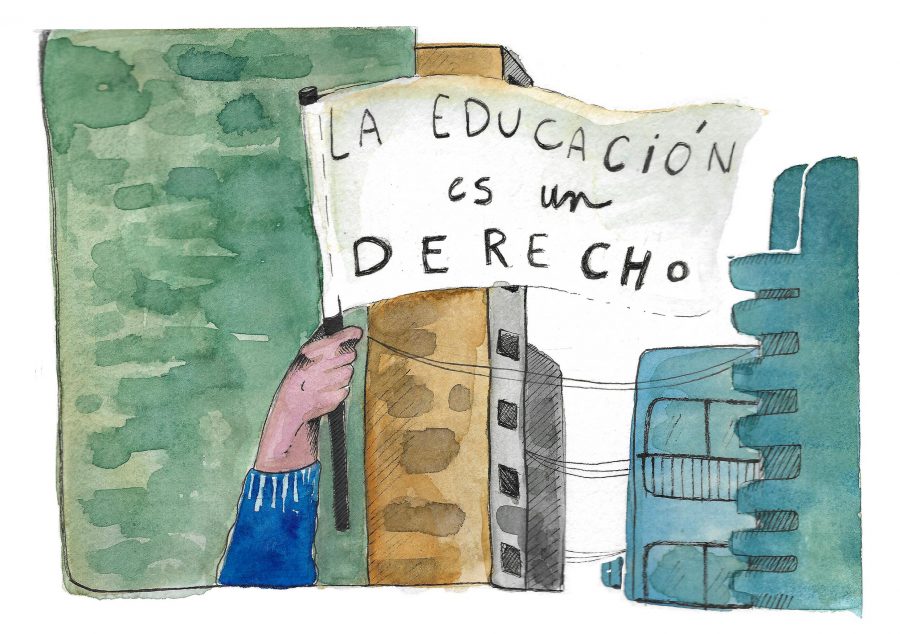Autor: Iniciativa por los Principios de Derechos Humanos en la Política Fiscal (IPDHPF)
Año: 2021
La política fiscal es un conjunto de técnicas utilizadas para la gestión del gasto y de los ingresos públicos, y comprende todas las técnicas a través de las cuales los Estados obtienen y asignan recursos.

